By Roman Mukendi, AMIBA Resilient Local Economies Intern
When we Choose Indie Local, we make a conscious decision to keep the local economy alive and thriving. Undoubtedly, local independent businesses keep the money closer to home, but we must all find creative ways and means to keep them operational. These businesses need to be ongoing concerns since they are the lifeblood of the entire community. Unfortunately, many of these businesses struggle to maintain their overall health. Rising interest rates are a pressing concern for many independent business owners who rely on credit and loans to finance their business operations because they increase their business costs.
To ensure businesses stay alive and continue to anchor livelihoods in Arizona, a local business alliance, Local First Arizona (LFA), has piggy-backed on a community practice commonly referred to as a ‘money pool‘ to support emerging businesses, especially among people of color (mainly Latino and Black communities). Realizing that Arizona state law does allow lending institutions to charge high interests on business loans (as high as 250 percent), predatory lending in the state is now prevalent.
LFA works hard to help businesses navigate the high cost of borrowing and eventually secure a thriving local economy. For example, across south Phoenix and other areas of Arizona, which are predominantly Latino and Black, pay-day lenders and check-cash facilities have sadly preyed on businesses in these communities. This is so because many of these businesses operate on a cash basis, with no bank account or credit scores. They tend to rely heavily on pay-day and check-cash lenders who charge them between 45-48 percent interest on every dime they make. This high-interest rate chokes them because much of their income is not re-invested to grow their businesses.
Therefore, having observed the practice of running a ‘money pool’ or a ‘revolving fund’ by families who run businesses within communities of color, LFA designed an impactful program to retain and grow the dollar from local purchases. The money pool is an organized way in which several community members agree to contribute a specific amount each month. This pot of money is passed on to one individual member to invest in their business at no interest, and the cycle continues every month. This community revolving fund or money pool enhances access to capital per group member.
Building on this model, LFA developed a six-month accelerator program called Fuerza Local in 2013 to support businesses operated by people of color. The program builds their capacity to run a business and further assists them in opening bank accounts and earning credit scores.
In explaining how the accelerator program works, the LFA Vice-President for Business Development, Thomas Barr, pointed out that “when a business goes through the program, we report the payments they make to the group to Experian, and when they graduate, they get an introduction to a local bank or credit union and obtain their first step of attaining a credit score. We also match the $1,000 advance they get from the money pool with another $2,000 upfront cash and then negotiate with credit unions and banks to provide them with lower interest rates of 6-7 percent on business loans going forward.” Barr further indicated that the program has been running for ten years in 9 cities and has been critical in transforming businesses, communities, and people’s lives. “Every six months, we’re graduating 72 businesses. A total of 1,000 entrepreneurs have gone through our program since commencement,” he noted.
In sum, by riding on what the community was practicing to access capital and working to strengthen business operations means that taxes are now being collected, and participating businesses make a profit. Therefore, community economic development organizations like LFA Choose Indie Local and enhance the local economy for all.
SOURCE:
Please note that this article is based on the first Moose’s Corner hosted by Michael Shuman, which spotlights local business network innovations—to inspire, strengthen, and spread the more significant movement. The first Moose’s Corner shined on Thomas Barr, Local First Arizona’s Vice President of Business Development.

